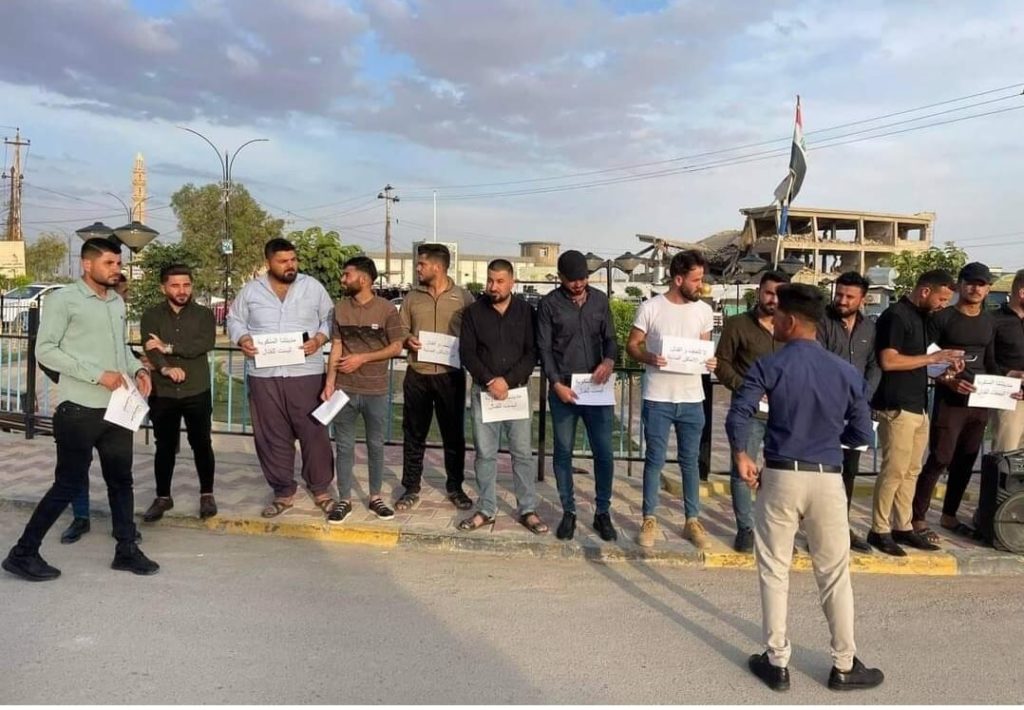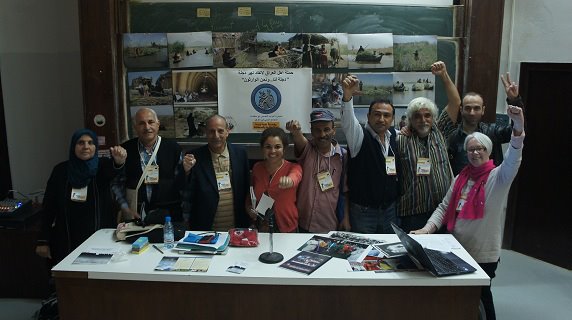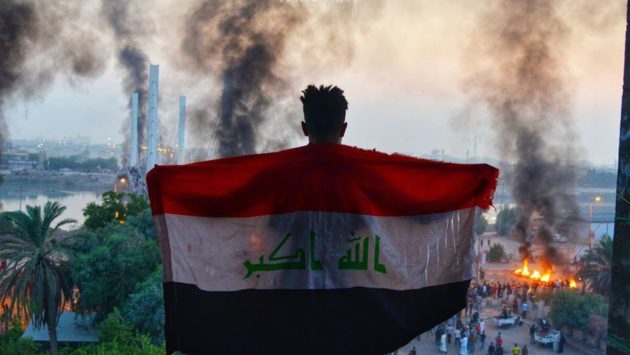INTERNATIONAL CIVIL SOCIETY: DISARM TURKEY, END BOMBINGS ON KURDISTAN
Together with NGOs, we campaign for peace
Activist Bianca Farsetti

Matera, Italy – “On 17th April, the day on which Catholic Easter was celebrated, Turkey launched a new military operation in Iraqi Kurdistan, and in particular in the area of the Sulymaniyah and Dohuk mountains. Prior to that, the region had been subjected to bombings by the Turkish army for 10 years, with disproportionate impacts on civilians, who are targeted by these attacks, as it is already happened in Rojava, Syria, where the population pays an enourmous price for the military operations”.
Bianca Farsetti, a member of the national committee of ‘Un Ponte Per’, an NGO which has been present in Iraq for years, was interviewed by Agenzia Dire about the current situation which her colleagues on the ground observe since the start of the military operations led by Turkey, which is currently leading the peace negotiations between Ukraine and Russia.
“Since mid-April, and even before the Russian aggression to Ukraine, the government of President Racep Tayyip Erdogan has renewed its military incursions in this area of Iraq, under the justification that it is necessary to eradicate the Kurdish Workers’ Party (PKK), which Ankara considers a terrorist group. The Kurdish National Congress (KNC) has denounced the use of military planes and armed drones from Sulaymaniyah and Sinjar – a city home to a large Yezidi community, which has been victimised at the hand of the Islamic State (isis) group since 2014 – all the way to Syrian Kurdistan. As further proof, the Rojava Information Centre reported several wounded civilians in the attack on the city of Kobane on April 22nd.
In this context, Farsetti continues, ”Un Ponte Per’ works jointly with an international solidarity coalition called Iraqi Civil Society Solidarity Initiative’ (ICSSI), thanks to which one year ago we started to collaborate with other local NGOs. Among them, there is also an organisation called Community Peacemaker Teams, which collects data and testimonies to document and denounce what Turkey is doing against the population”.
Farsetti speaks of “bombings” that “led to enormous economic difficulties, such as, many people being forced to abandon farming in fear of being hit while working in the fields”. As a consequence, activities which used to provide the only means of self-sustenance to local communities are disrupted. In addition to this, “the Iraqi government does not recognise the victims of these attacks and does not provide them with any kind of aid, neither economic nor medical. We, at ‘Un Ponte per’, are therefore creating an international campaign, called “End Cross-Border Bombings”, to promote disarmament. We call on governments and companies to stop selling weapons to Turkey”.
The attacks, warns Farsetti, “are perpetrated with the use of Italian Mangusta helicopters, namely the AgustaWestland AW129s, produced in Turkey under licence by the Italian company Leonardo. Since 2018, Ankara’s army has employed them against Syrian Kurdish fighters allied with the United States in the fight against Isis. We call on governments to stop arming Ankara in order to give a positive contribution towards peace,” says Farsetti.
She concluded: “We also call on the Turkish government, the PKK, and the Kurdish-Iraqi government to start a process of negotiations in order to individuate an effective, peaceful solution to the conflict. Those who suffer the effects of these raids are first and foremost civilians from the local population’.
A report on the ‘End cross border bombings’ campaign will be published within weeks, and it will provide the data collected by the international civil society coalition after mapping the incidents. The research findings show that since 2015 civilians properties such as streets, markets, shops and civilian infrastructure, have become a military target to the Turkish army. The research has been realised in cooperation with the British NGO “Iraqi Body Count”, which has created a database to monitor the attacks on Iraqi Kurdistan occurring between 2015 and 2019.




